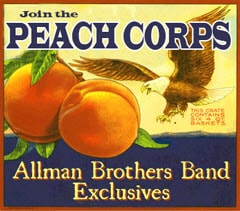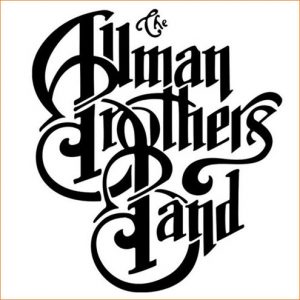From CongaHead.com
10/2001
 When it comes to dreams, Marc Quiñones is loath to voice them. In fact, after nearly two decades of success he’s still in awe that he was able to become a professional in the music industry simply because he played Latin music.
When it comes to dreams, Marc Quiñones is loath to voice them. In fact, after nearly two decades of success he’s still in awe that he was able to become a professional in the music industry simply because he played Latin music.
“I always knew I wanted to be a musician, but I never thought it would be possible for me to be a professional one. Fortunately, I’m being proven wrong-and I hope I continue to be proven wrong for the rest of my musical career.”
Marc adds that while he doesn’t take his success for granted, he also has never looked back since 1982 when he traded working nine-to-five for the exciting, erratic world of the music industry.
Born in the Bronx, Marc began playing drums when he was three years old. “My father and uncle played, so there were always drums in the house. I guess it was only natural that I began playing the conga.” He was nine years old when he landed one of his first professional gigs-playing in a Latin opera at Carnegie Hall in New York City. Shortly after, he started performing with Tito Puente, who introduced him to Bobby and Tito Allende, and Jose Jusino. The foursome put together a group called Los Rumberitos and did shows with Puente’s band for the next four years.
“I grew up listening to Tito’s music, so playing side-by-side with him was amazing for me as a kid. The highlight of my career was being invited to play timbale on his one-hundredth record, which is a milestone in itself. Tito has always been my idol. He’s an amazing person and an amazing musician who’s still going strong.”
Following Los Rumberitos, Marc began doing gigs around New York with local Latin groups. At age 17, he hooked up with Rafael de Jesus and for the first time began performing with a well-known salsa band. “Rafael put me on his first solo production, which was another career highlight because I was able to work with [composer and musical director] Jose Febles and Papo Pepin, who I grew up trying to emulate on the congas.”
Shortly after graduating high school and entering the work force full-time, Marc got the call that would change the course of his life. He was asked to fill in on congas in a rehearsal with Willie Colon, who was so impressed with Marc’s ability to sight-read music that he kept him in the band. During his five years with Colon, Marc worked his way through the band, playing every percussion instrument in turn. During the last two years, he was musical director and co-producer of one of Colon’s records.
A two-year stint playing jazz festivals with Ruben Blades followed before Marc got his first taste of performing in the rock arena. More importantly, it was his first taste of being “managed.”
“I recorded a Latin-style record with David Byrne from Talking Heads, who took the show on the road for a year,” recalls Marc. “With 17 Latin musicians, it was a traveling circus.” However, Marc says he was amazed that Byrne was able to avoid the insanity simply by having management deal with any issues concerning the band. “Production assistants and a road crew handled stage and sound setups, took care of any problems, and made sure the musicians got to gigs on time-even if it meant carrying someone right out of their bed and onto a bus or plane. This was my first introduction to that side of music.”
As it turned out, the eye-opening experience of being managed in a rock band as opposed to the “craziness” of playing with unmanaged musicians proved to a pleasant change of pace for Marc. He moved on to join Spyro Gyra in 1989, this time enjoying the organized atmosphere of jazz.
“Basically, music is music. But things are run efficiently in jazz and rock, and I enjoy having everything in order. On the other hand, while salsa is disorganized in nature, the music is grooving–which makes it a pleasure to be there as well.”
Marc’s positive experience in the rock and roll arena compelled him to accept a job with the Allman Brothers Band after a chance meeting with Butch Trucks in 1991. “After watching me perform one night with Spyro Gyra, Butch came backstage and told management he was going to steal me from the band. Two months later, everything kind of fell into place.”
Marc’s Latin roots allows him to contribute an unusual flavor to the band’s sound; for example, he will sometimes introduce a salsa tumbao into a rock and roll setting, which makes the sound a little more swinging. At other times, Marc will play six-eight rhythms, which fit into the three-four pattern of the rest of the band without any modification.
As one of three percussionists in the band, Marc explains that his role is to establish a rhythm that the guitarist can play off. He has been fulfilling that role successfully for the past ten years.



